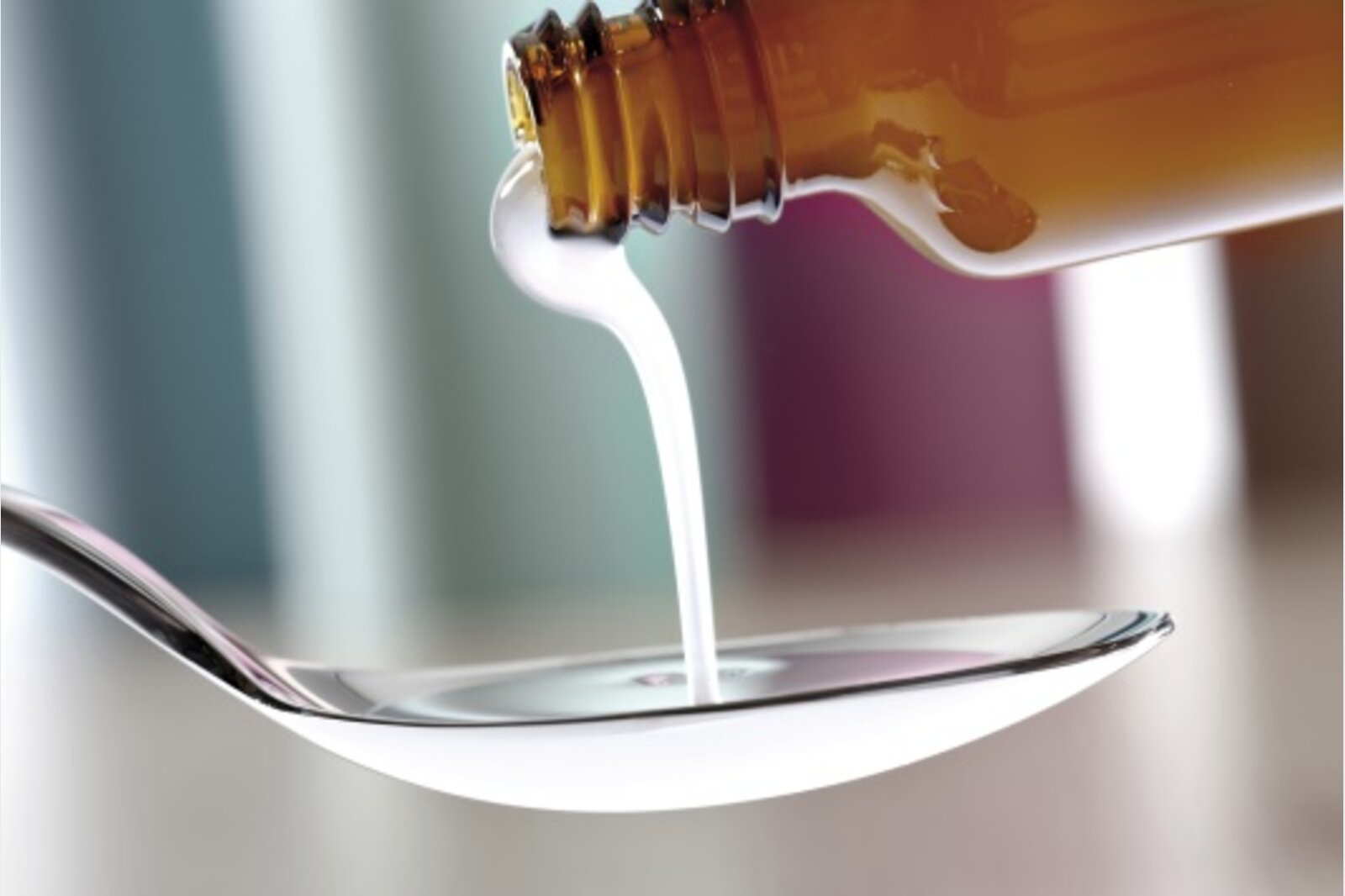Press release regarding judgment C-4125/2019, C-5006/2019
Cough medicine containing psychoactive substances not to be sold in drugstores
The Federal Administrative Court has issued two pilot judgments supporting Swissmedic's decision to classify certain cough medicines as prescription-only medications. Their active substances are classed as psychoactive and may only be dispensed by doctors and pharmacists in accordance with the revised legislation on therapeutic products.

Following the revision of the legislation on therapeutic products at the beginning of 2019, the Swiss National Authorisation and Supervisory Authority for Drugs and Medical Products (Swissmedic) reallocated a series of cough medicines from dispensing category C to the prescription-only dispensing category B due to their active substances. This prompted some authorisation holders to appeal the decision to the Federal Administrative Court (FAC). This reallocation affected the cough medicines of the brand Makatussin and Calmerphan-L's cough syrup, among others. Gebro Pharma AG (Makatussin) and Doetsch Grether AG (Calmerphan-L) requested that their medications be moved to the over-the-counter dispensing category D, which would enable them to be dispensed also in drugstores.
Dispensing by medical professionals only
The FAC has issued two pilot judgments addressing Swissmedic's decision to reallocate the medicines to dispensing category B. Makatussin contains reduced concentrations of codeine or dihydrocodeine, while Calmerphan-L contains dextromethorphan. Both of these active substances are considered psychoactive.
In the first pilot judgment, the court confirms the reallocation of Makatussin to dispensing category B as the product contains relevant amounts of codeine to require that its dispensing be monitored in accordance with legislation on narcotics. In the case of Calmerphan-L, the court specifically addressed the issues of addiction to and misuse of the medication; according to Swissmedic, both products are used as party drugs by adolescents and young adults in particular.
The court consequently rules in its judgments that these medicines may only be dispensed by doctors or pharmacists. As such, druggists who, by definition, are not medical professionals, will not be permitted to dispense the medicines in question. Contrary to the belief of the aforementioned authorisation holders, Swissmedic does not have the necessary leeway to change this. The medicinal products have therefore rightfully been allocated to dispensing category B.
The FAC rejects the appeals lodged by the owner companies in its judgments. The pilot judgments serve as the basis for handling other, similar appeals that are currently pending. These judgments may be appealed to the Federal Supreme Court.
Potential for misuse
In the case of Calmerphan-L cough syrup, the FAC notes that both experts and the media have been discussing the misuse of cough medicines containing dextromethorphan for years now. The scientific community has already published numerous and extensive articles on this active substance. It has been shown that overdosing on dextromethorphan can lead to hallucinations or the loss of motor functions, and is therefore damaging to health. Overdosing on codeine, which is the active substance of Makatussin (and which converts, under certain circumstances, into morphine in the body), can lead to a sense of euphoria and respiratory arrest. Various medical reports confirm that both of these cough medicines are used as recreational drugs, both on their own and in combination with other substances (poly drug use).
Contact

Rocco Maglio
Press secretary
